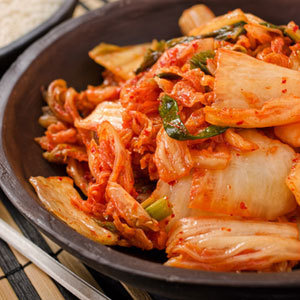Cheese
Puffs
Cheese
doodles, cheese curls, cheese balls, corn curls — whatever you call it, this
crunchy, cheese-powdered snack came from the brain of Edward Wilson, a curious
employee at Flakall Corporation, a producer of corn-based feed for animals.
Wilson noticed the machines that produced cornmeal would sometimes get so hot
that the cornmeal came out in puffy cooked pieces that hardened as they came in
contact with air. One day he took some of the puffy pieces home, added oil and
the cheese flavor, and made the first cheese puffs. By 1946, Flakall Corp
produced the earliest known version of cheese puffs that they called Korn Kurls.
To
date, there are over 324 variations
of cheese puffs, including the popular Cheetos and Utz's Cheese Balls. The addictive
snack is even spoofed in pop culture with this satirical
scene from South Park.
Info from Grandparents.com












